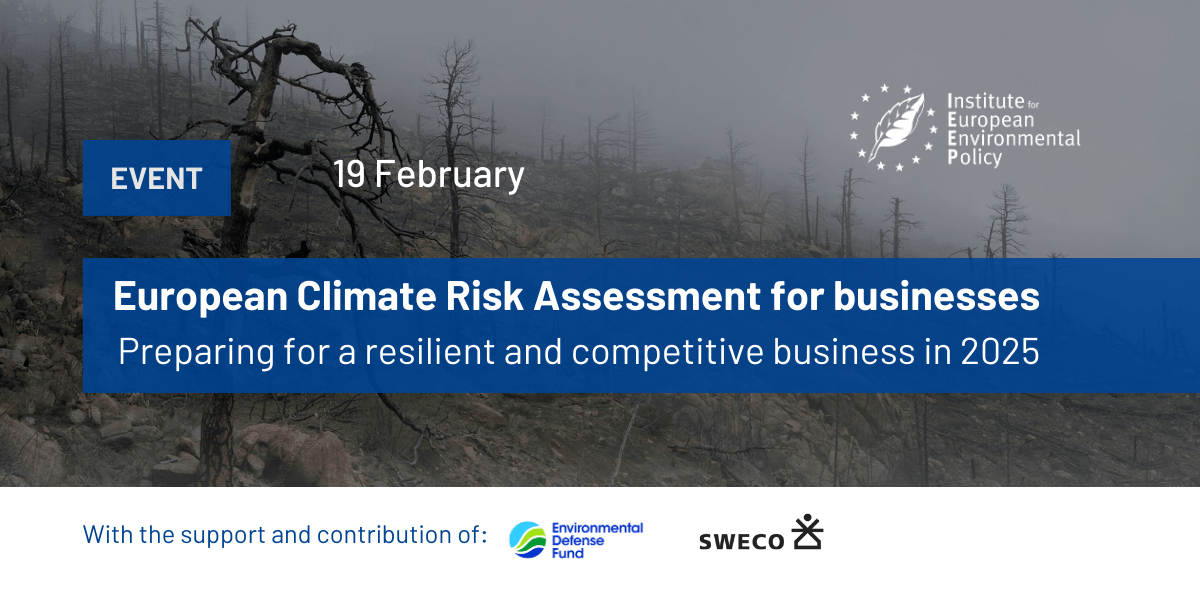Join PEGASUS stakeholders to discuss delivering environmental and social benefits from agriculture and forestry in a changing policy context.
It is clear that current policy frameworks and their implementation have not been sufficient to counter the ongoing trends of environmental degradation and achieve the changes required to ensure the long-term, sustainable provision of public goods and ecosystem services from EU agriculture and forestry. To improve this situation, changes are required in policy design, in the commitment of Member States to taking action for a more sustainable future and in the actions of the millions of land managers across the EU. These changes will be especially relevant if the CAP is to evolve towards a new delivery approach based on performance and results.
These issues that will be the focus of the Final Conference of the PEGASUS project in Brussels on Wednesday, 7 February 2018 (9:00-17:00). The event will take you through a summary of the results of over 3 years of research on concrete ways to enhance the provision of public goods and ecosystem services by agriculture and forestry, and what this means for policy and practice. The day will provide opportunities to discuss findings, particularly:
- The importance of collective action in bringing about sustained engagement and improving the delivery of environmental and social benefits;
- The use of maps as a tool to explore links between farming and forestry systems and the provision of environmental and social benefits;
- The implications for future policy and for practice.
These discussions are intended to feed into the debate on how national and EU policies and governance models could evolve post 2020, including the Common Agricultural Policy.
The agenda will be available on this page, in the coming weeks.
Venue: Room JDE51 – Committee of the Regions
Bâtiment Jacques Delors; Rue Belliard 99-101; B – 1040 Brussels
Registration is open and available here.
Background: PEGASUS is a multidisciplinary Horizon 2020 project (http://pegasus.ieep.eu/) whose aim is to investigate ways to enhance the provision of environmental and social benefits from EU agriculture and forests. Partners are drawn from 10 Member States and include ecologists, rural sociologists, economists, geographers, policy analysts from academic institutions as well as NGOs and think tanks.


